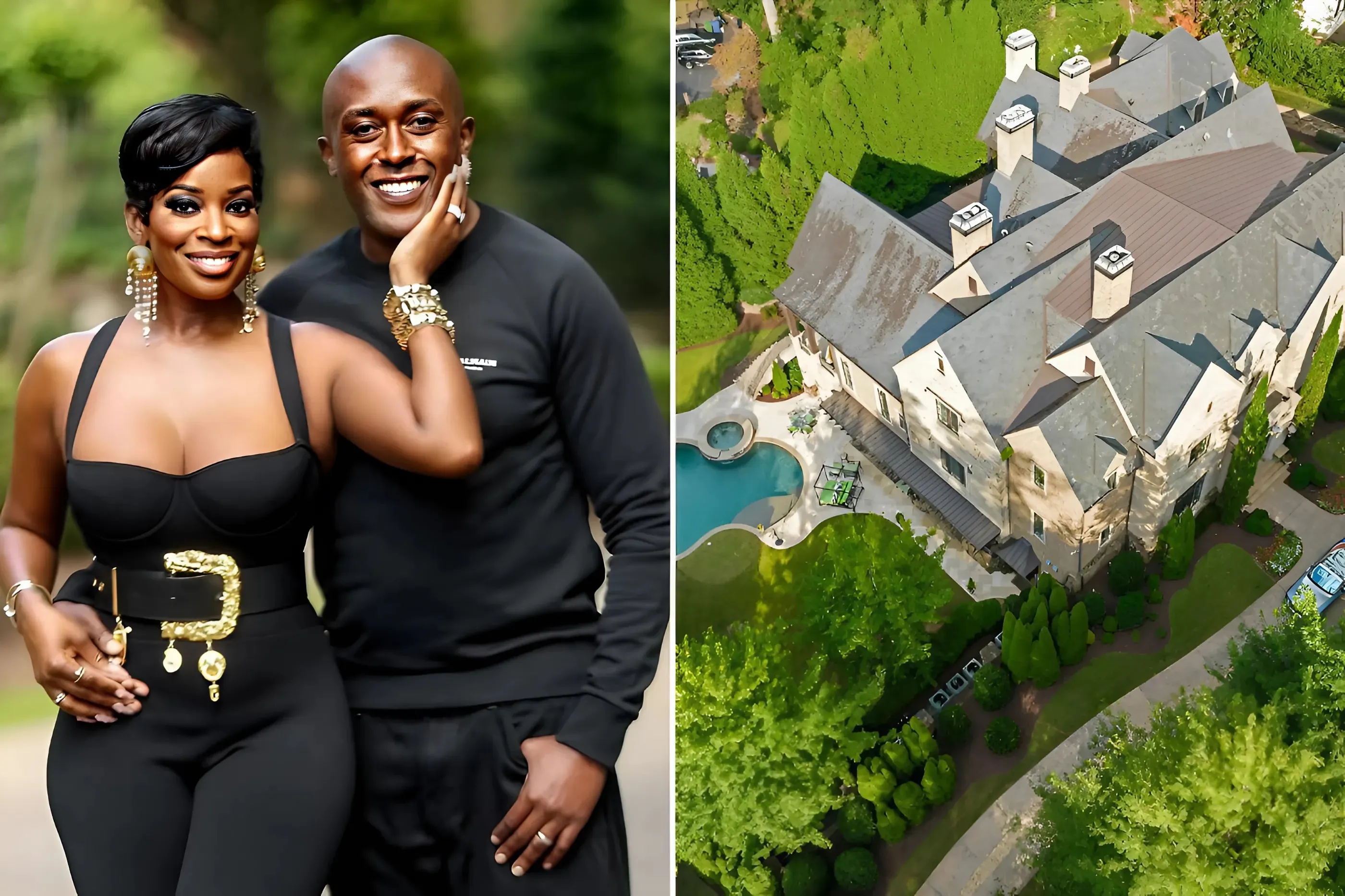 Behind the glossy smiles and early morning banter, BBC Breakfast is said to be crumbling under the weight of a toxic workplace culture – one marked by whispered resentments, gendered double standards, and a trail of broken careers. Multiple insiders have come forward describing a work environment rife with backstabbing, silencing, and an entrenched “boys club” mentality that has reportedly left several female employees in tears behind closed doors – including on-air talent.
Behind the glossy smiles and early morning banter, BBC Breakfast is said to be crumbling under the weight of a toxic workplace culture – one marked by whispered resentments, gendered double standards, and a trail of broken careers. Multiple insiders have come forward describing a work environment rife with backstabbing, silencing, and an entrenched “boys club” mentality that has reportedly left several female employees in tears behind closed doors – including on-air talent.
At the centre of the storm is veteran presenter Naga Munchetty, whose no-nonsense demeanour has long divided opinion both within the BBC and among viewers. Once seen as a rising star within the corporation, her chances of a high-profile switch to Sky News were recently quashed — and insiders suggest it was no accident.

“Naga’s reputation preceded her,” said one former senior producer. “Her journalistic skills are undeniable, but her approach behind the scenes is seen by many as abrasive, even aggressive. It’s not just Sky – there were quiet murmurs at other networks too. She’s viewed as ‘difficult’ in a way that male presenters never are.”
While Naga's allies insist she’s merely assertive in a male-dominated space, others paint a darker picture — claiming her “tough ways” have alienated colleagues and turned potential allies into adversaries. According to two sources close to the production floor, tensions have been quietly escalating for years.
“She’s a perfectionist, but that comes at a cost,” one staff member explained. “There have been moments when junior producers have walked out of the room in tears after being dressed down. It’s a high-pressure environment, but not everyone has to lead like that.”

Yet the problem, sources claim, extends far beyond any one personality. Multiple women working at BBC Breakfast, both past and present, describe a "toxic boys' club" atmosphere that favours male camaraderie over competence — a culture where women are routinely sidelined, ignored, or quietly pushed out when they don’t fit the mold.
“There’s a group of senior male staff who stick together, promote each other, and close ranks when a woman challenges the status quo,” said one ex-employee. “It’s not just sexism – it’s systemic protectionism. And when you speak up, suddenly you’re branded ‘difficult’ or ‘emotional’.”
Several female producers told of "humiliating dressing-downs" in public settings, leading some to regularly retreat to bathroom stalls in tears. One described a moment when she was reduced to “shaking and sobbing” after being berated over a script error in front of her entire team. Another claimed she was passed over for promotion in favour of a less experienced male colleague who “golfed with the bosses.”
Despite internal complaints and quiet attempts at reform, many feel the rot runs too deep. HR processes, one insider claimed, are “a dead end” for those hoping to challenge entrenched power structures. “It’s designed to exhaust you into silence,” said one former staffer. “They say all the right things publicly, but the culture is protected from the top down.”
The BBC has yet to officially respond to these latest claims, though it has previously denied allegations of institutional bias or mistreatment. A spokesperson for the network said: “The BBC is committed to fostering a respectful and inclusive workplace. Any concerns raised are taken seriously and investigated thoroughly.”
But for those who have lived it, the words ring hollow.
“It’s not about one presenter or one bad manager,” said a senior producer who left last year. “It’s the culture. It wears you down, bit by bit. Until one day, you realise — you’re not crying in the loos because you’re weak. You’re crying because you’re finally strong enough to say: I can’t survive here anymore.”
As the BBC prepares to navigate yet another PR crisis, the quiet exodus of women behind the scenes raises a sobering question: how long can a flagship programme thrive, when the foundation beneath it is crumbling from within?



